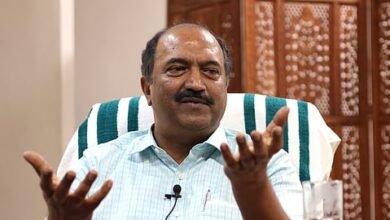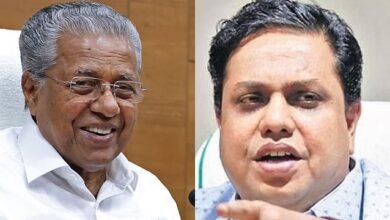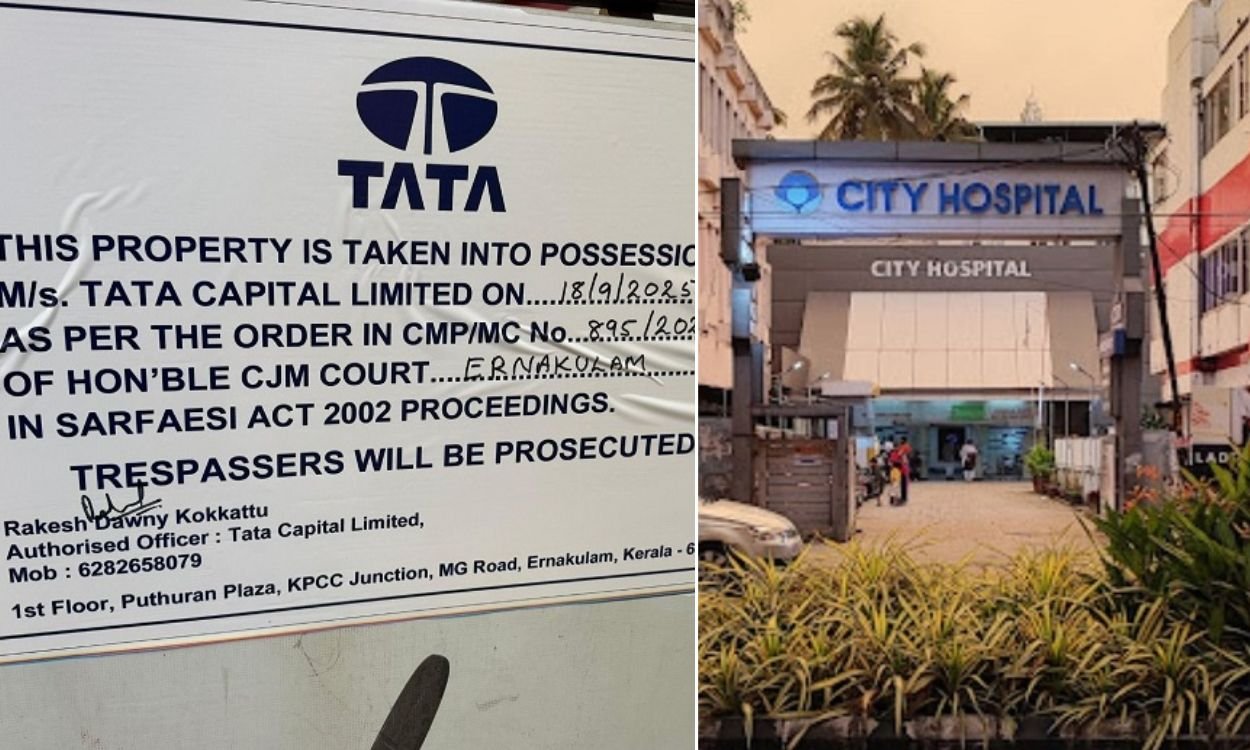
THIRUVANANTHAPURAM: Mounting evidence suggests massive tax evasion in Kerala’s gold trade, resulting in a staggering loss of thousands of crores of rupees to the state exchequer. Despite repeated high-level allegations and grand public announcements, the government has failed to implement effective measures, a reality that starkly contradicts the promises made.
GST Era Revenue Slump: An Alarming Decline
Before the implementation of the Goods and Services Tax (GST), the state secured an annual tax revenue of ₹630 crore from the gold sector, with an average tax rate of 1.25%. At that time, over 90% of traders paid tax under the composition scheme, and gold was priced at approximately ₹2,700 per gram in 2016.
Post-GST, the tax rate jumped to 3%, and the price of gold has quadrupled. Yet, the expected surge in tax revenue has not materialized. In a shocking admission in 2019, the then Finance Minister conceded in a national media interview that the revenue from this sector in 2018 was merely ₹200 crore.
The Unfulfilled ₹18,000 Crore Promise
The previous Finance Minister had ambitiously projected an annual revenue of ₹18,000 crore from the gold sector alone if tax evasion were successfully curbed. High-profile meetings involving the Chief Minister, ministers, and department officials led to major declarations:
- Extensive inspections would be conducted to stop evasion.
- Tax officials would be deployed in jewellery shops to monitor trade.
- The state would pressure the Central government to introduce the E-way bill, which was identified as a critical missing link.
However, none of these key declarations were effectively executed.
New Government, Same Problem
The administrative shift saw a new minister take charge, and while gold prices continued to climb, the revenue remained stagnant, hovering around ₹500–₹600 crore. The new Finance Minister offered various justifications to downplay the issue, including claims that:
- Revenue tracking for a specific commodity is impossible under the HSN code system.
- The current 3% GST rate is lower than the 5% VAT rate that existed previously.
These justifications were often used to sidestep providing direct answers to crucial questions in the state assembly.
Costly Delay in E-way Bill Implementation
While the state government successfully lobbied for the introduction of the E-way bill for gold, its implementation in Kerala was inexplicably delayed by one full year. This unnecessary lag is estimated to have caused a significant additional loss to the treasury.
Today, with gold prices exceeding ₹10,000 per gram, the annual revenue remains a meagre ₹700 crore—a fraction of the expected collection.
Raids: More Show Than Substance
Raids conducted in the sector also yielded little substantial benefit. Reports highlighted the weight of gold (in kilograms) seized to grab headlines, but the corresponding tax recovered was often a paltry sum. Critics argue that these raids were primarily for media publicity, consistently failing to apprehend the real perpetrators of major tax fraud.
Revenue Concentration Rings Alarm Bells
A highly concerning fact is that 80% of the tax revenue from the gold sector originates from just a handful of major dealers. This indicates that a vast majority of other gold traders are either avoiding tax entirely or significantly under-reporting their income.
When questioned in the Assembly about the number of raids conducted by the GST Intelligence wing on service trading establishments, the turnover concealed, and the tax amounts detected over the last four years, the reply was simply, “Information is being collected.” This lack of readily available vital data underscores the severe inadequacy of surveillance in this sector.
Expert Opinion and the Call for Political Will
Economists are demanding stringent measures to curb gold tax evasion, including the robust implementation of the E-way bill system and consistent, effective inspections. They estimate that successful efforts could bring in thousands of crores of additional revenue. However, critics suggest that a crippling lack of political will remains the most significant hurdle.
Amidst a crippling state financial crisis, the continuous loss of thousands of crores demands immediate and decisive action, moving beyond mere announcements and high-level meetings.







